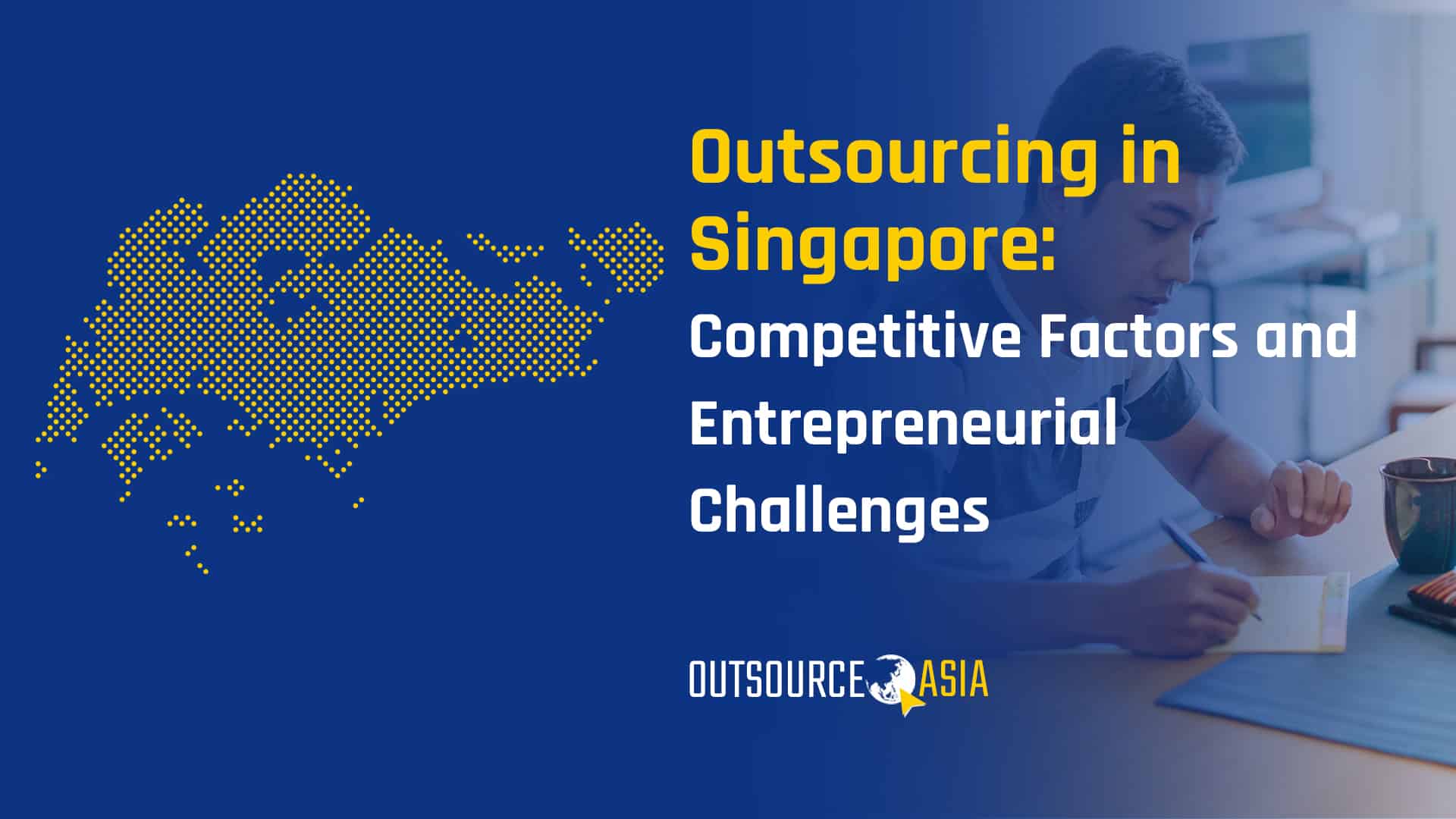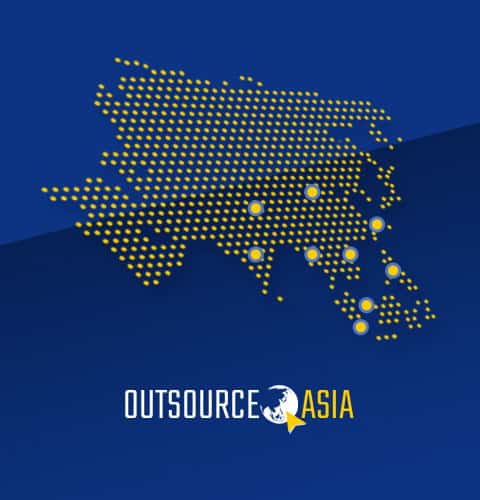
Singapore is a global hot spot for entrepreneurship and outsourcing due in large part to their business-friendly compliance regulations, low corporate tax rates, extensive government support, and unique geographical location.
Outsourcing to Singapore is an attractive option for big firms and multinational organizations intending to expand their network and consumer base. Doing so allows them to save valuable company resources by relying on service providers with expertise and relevant experience in specific business functions such as setting up and managing IT infrastructure, software and application development, digital marketing, among other services.
Collaborating with a reputable outsourcing partner in Singapore is a wise consideration for those running small and medium enterprises, especially if they lack the in-house skills for various back end services, lack the budget for training or ability to bring on in-house staff.
Singapore’s outsourcing workforce has placed much focus on high quality and timely delivery of all corporate needs through efficient work processes and with the aid of advanced technological tools at their disposal. Even the Monetary Authority of Singapore (MAS) has clear outsourcing guidelines to help ensure that company owners will truly benefit from hiring an outsourced service provider to do their business functions.
According to International Enterprise Singapore (IE), the corporate tax rate is pf 17% is one of the lowest in the world. Its tax system is constantly undergoing a steady downward revision to boost local business growth and to attract foreign investments across industries.
Manufacturing and financial services are considered key pillars of its economy and major contributors to its annual GDP. The Singapore government supports the growth of these sectors by creating pro-business policies, simplifying compliance rules, and cutting red tape. The road to entrepreneurial success is facilitated by various government-funded financial assistance programs, cash grants, and access to the latest technological innovation in various industries.
Singapore’s status as a significant trading post between East and West has arisen not only because of the reality of having few natural resources at its disposal but mainly due to taking advantage of the extended concept of intermediary trade to Entrepôt trade. It relies heavily on exporting a wide range of raw goods and materials to be processed and refined within local industries, which are then exported.
In 2019 alone, Singapore shipped no less than $400 billion worth of consumer products across the world – with electrical equipment bringing in the highest export revenues. Computer machinery, oil and other mineral fuels, medical apparatus, and precious gems are the other top four export groups. As the world’s 15th largest exporter in 2018, Singapore accounted for 2% of total global export share.
Managing a remote workforce can be quite challenging. One of the problems when members of a virtual team are located on the other side of the world is that clarification for specific project requirements might not be provided right away, especially when emails or chat messages are sent after working hours of the outsourcing service provider. Lack of instant and clear communication over work expectations can lower quality, delay delivery, and thus reduce client satisfaction.
Ideally, a project should be finished in advance during Singapore time so that US/Europe-based clients can receive it in completion (or work on the next milestone) as soon as they start their work the next day. Time zone difference doesn’t have to be a hindrance as long as there are collaboration strategies and communication tools in place to keep client and outsourcing employees on the same page in terms of project delivery and output quality.
Chinese values and cultural influence put strong emphasis on hierarchy of position whether within the family, society, or the workplace. The presumption that an individual from a certain country or ethnic group is more skilled or business-savvy or that a person has lesser capacity to perform tasks efficiently can have a significant negative impact on the outsourcing team’s overall productivity.
Singapore culture is also very client-focused – a good thing for creating and maintaining strong work relationships. However, this may influence even the best Singaporean outsourcing professionals to focus on pleasing the client rather than to aim to meet standard operating procedures which can result to operational inefficiency and further waste of resources.
While Singapore claims to be the safest country in the world, that is not the case when it comes to cybercrime. Given its position as a regional financial hub in Asia and its advanced digital banking systems, the city-state has to deal with more and more sophisticated online cyber attacks from faster and bolder cyber criminals: this totaled a whopping 11 million web-based threats in 2019.
One of the most widely known cyber-attacks in Singapore’s history occurred in 2013 when anonymous hacktivists declared war on Singapore’s web censorship law by initiating the exposure of government employees’ personal information. The worst so far was when the electronic medical record database of SingHealth (Singapore Health Services) was forcibly accessed to steal confidential patient data of almost 1.5 million individuals.
There was also the SingPass (Singapore Personal Access) virtual hack of 2014; a malicious ransomware attack to personal computers in 2017 and the HIV data leak and the blood donor information leaks, both in 2019.
The current Personal Data Protection Act (PDPA) of Singapore, although bearing resemblance with the GDPR in terms of personal data handling and processing, has many concerning loopholes such as:
Data breach in big companies is most often due to careless handling and storage of sensitive information in local servers. There is a call to make significant changes to the existing Singapore Personal Data Protection Act (PDPA) to keep pace with the evolving business landscape whilst strengthening data privacy in the digital economy.
Singapore offers many competitive outsourcing advantages, however, as with any business relationship it is important to consider your company’s specific needs and requirements before entering into an agreement with an outsourcing service provider. If you need more information on finding the right outsourcing partner for your business, read more here.
